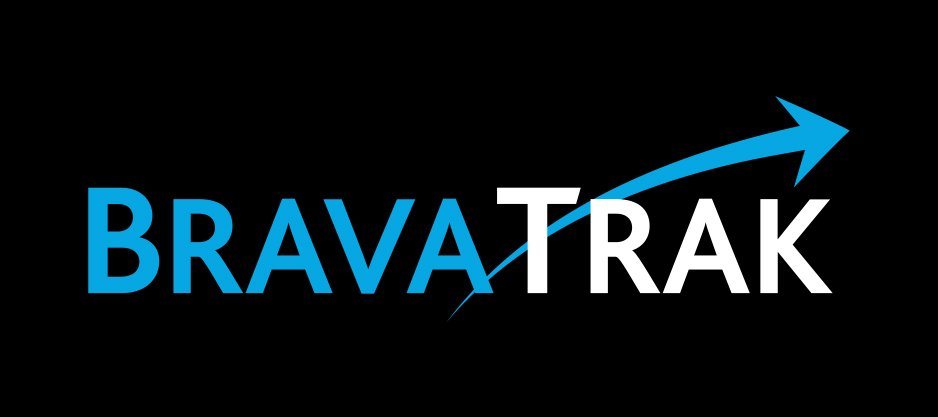How Psychological Safety Can Help You Lift Sales
Transcript
Hi there, this is Blair from BravaTrak.
I've been thinking about the importance of psychological safety in sales teams, and how you can leverage it to increase performance. Now because it's a new term for most people, let me define it.
Psychological safety is a culture in which people feel comfortable asking for help, sharing suggestions informally, and challenging the status quo without fear of negative social consequences. And there's plenty of evidence that creating a psychologically safe environment for your people contributes to performance.
But it's not the complete solution.
There are two things you need to consider. The first, obviously, is psychological safety. In terms of driving performance, think of it as the engine. And I talked last week about two practical tools you can use to boost psychological safety in your team. The first being frequent recognition for good work. And the other being a cadence of check-ins with your people. If you'd like to find out more, check out my previous post.
However, an engine by itself is worthless. It needs fuel to perform. And to grow a high-performing sales team, the fuel is a culture of accountability. There's no trade off between psychological safety and accountability. Instead, they're two separate dimensions; the engine and the fuel, which power high-performing teams.
If there's a lack of psychological safety and accountability, people become apathetic, and they simply do what they need to do without questioning anything or striving.
If there's only psychological safety, you're creating a comfort zone where it's easier for people to raise concerns and question the status quo. But without accountability, it can result in people feeling too comfortable, and can lead to poor performance and lack of motivation.
Holding people accountable is obviously essential for getting the best out of them. But without psychological safety, it can create an environment characterized by stress and anxiety. And you end up burning people out.
The performance zone occurs when team members feel psychologically safe and are held accountable for their actions. Next week, I'll talk about some practical approaches you can use to hold your people accountable.
In the meantime, that's my take. What do you think?
